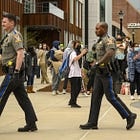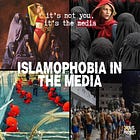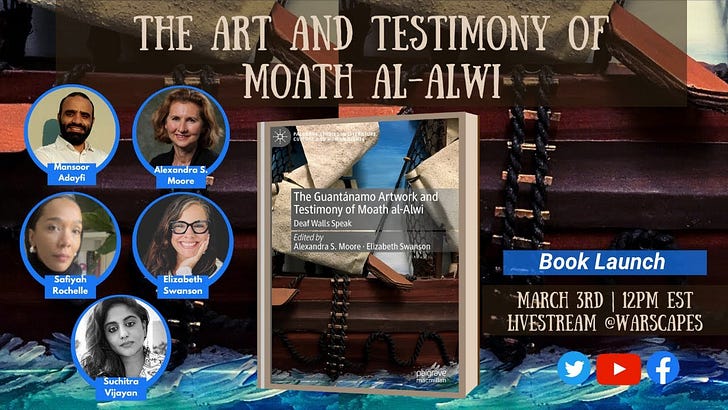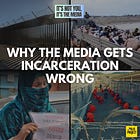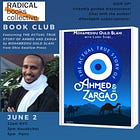To be Black, Muslim and refugee is to endure relentless police violence
Today, on the 24th anniversary of 9/11, a podcast with Maxamed Abumaye offers important reflections on the impacts of militarism and police violence unleashed by the West's War on Terror.
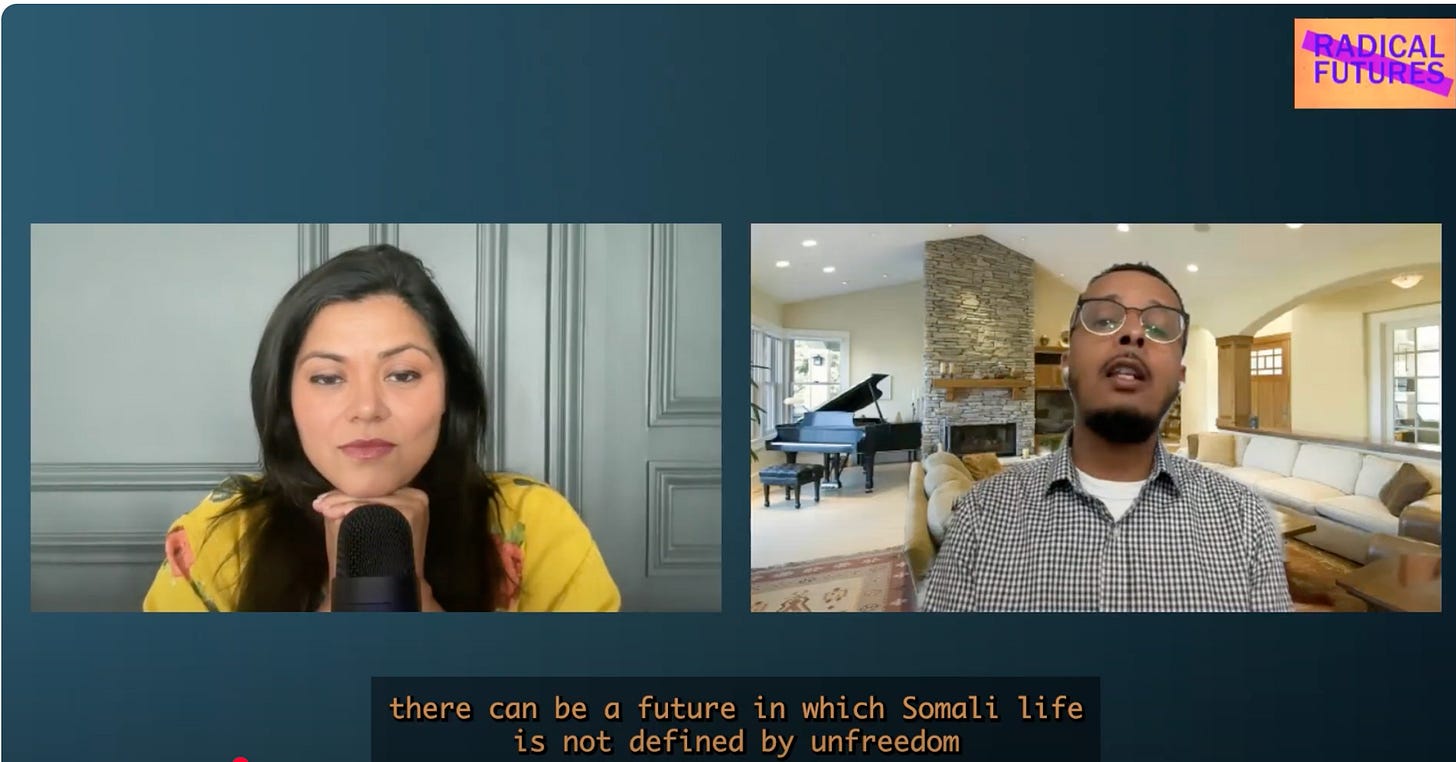
It is 24 years after 9/11 today and we are still living in the world of totalizing violence that the subsequent War on Terror brought into being. It was clear then and it is clear now: it was never a war on terror but simply a reign of terror that placed a target on Muslims everywhere. These modes of war, torture, incarceration and surveillance were not new but had been refined over the past centuries of European colonialism. The War on Terror only led to a consolidation of these methods and forms of violence, and were given impetus by new technologies that allowed for the creation of even cruder, crueler weapons of mass warfare.
With the internet part of daily life during the early 2000s, media-driven narratives of hatred and racism became louder and more available for mass consumption than before. Anti-Muslim, anti-Black, anti-brown and anti-poor ideologies were normalized as unhinged capitalism turned us all into individualists untethered to an empathetic collective consciousness. We stopped engaging with the world’s problems, we became bystanders. We did not witness injustice and harm, we consumed it.
As we enter the third year of Israel’s livestreamed genocide of Palestinians, it has started to feel like “they” have won the war of narrative thanks to the help of mainstream media churning out stories that are like water off a duck’s back for most of us. History has been sufficiently tweaked. Today, it is perfectly okay to mourn the death of someone like Charlie Kirk, a right-wing fascist but not shed a single tear for the over 20,000 children slaughtered in Gaza. One child is killed every hour by Israel, Save the Children recently reported.
There is a clean unbroken line. Colonialism was founded on slavery, genocide, looting, land grabs, racism, imposed famines, and of course, many many wars. The War on Terror is hardly exceptional in the long and sordid history of war on our planet. But it is important, even urgent, to visit, revisit and unpack its impact today especially as the power brokers and influencers work so hard towards total historical revision or amnesia. So we keep at it…
It was only a coincidence that my podcast featuring Somali scholar Maxamed Abumaye was published today. His recent book Black Muslim Refugee: Militarism, Policing, and Somali American Resistance to State Violence takes an unflinching look at the vicious cycle of militarism and policing historically endured by Somalis. The US military interventions in Somalia in the 90s led to the displacement of Somalis and after enduring the “humanitarian violence” of refugee camps, this same population found themselves the target of relentless policing upon arrival in the US. Being Black, Muslim and refugee meant that SWAT teams with “official” search warrants could barrel down your doors at any time. Even as Maxamed explores this vicious cycle of surveillance, policing, and brutality in great depth, he foregrounds the fact that “Somalis have found a way to resist that violence and to build life and homes in the context of deprivation.” This conversation is useful to think deeply about the aftermaths of 9/11 and it also offers insights on refugee camps, starvation as a political tool, critiques of humanitarianism, and the importance of the Black Lives Matter movement. Listen below👇🏾
On 9/11, the War on Terror and Policing from our archive
Love and solidarity❤️🔥
Bhakti Shringarpure
Postscript
In a time of immense strife where focus and “normal” has been hard, I have been happy to bring you the Radical Futures podcast. Having meaningful conversations with writers, artists, scholars, activists is my way of making sense of the world and I know many of these episodes strike a chord in listeners; they lend language, images and theory to grapple with the chaos. Please subscribe at some of the platforms such as Apple, Spotify and YouTube as it makes a huge difference for visibility and dissemination.
And if you’re able to upgrade to a paid subscription to the Radical Books Collective, it will go a long way for producing and editing costs that can help grow the podcast. Click on the link to choose a paid plan: https://www.radicalbookscollective.com/subscribe



